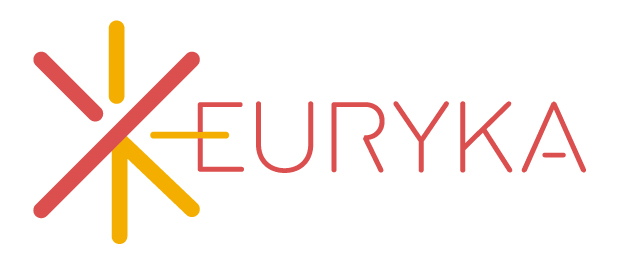EURYKA and COSMOS invite applications for the upcoming Summer School on “Youth Political Participation in Times of Inequalities” which will be held in Florence (Italy) in July 2018, from Tuesday 17th to Sunday 22nd.

We are pleased to announce that the call for applications is now open for the Summer School on Youth Political Participation in Times of Inequalities, sponsored by the Reinventing Democracy in Europe: Youth Doing Politics in Times of Increasing Inequalities project (EURYKA) and the Centre on Social Movement Studies (COSMOS). The Summer School will take place in Florence, Italy, from the 17th to the 22th of July 2018 and will open to 20 graduate students as well as early career researchers throughout Europe and beyond with a specialized interest in youth participation and democracy, in different fields of study and methodological traditions, including political science, political sociology, political communication, political anthropology and sociology. It will address fundamental issues such as:
The Summer School will bring together young scholars and more established academics interested in these issues through an intensive curriculum of lectures with established scholars and workshops with young activists. From the 19th to the 22nd of July 2018, in parallel to the Summer School, European Alternatives will hold a Democracy Campus for activists. The campus will promote the emergence of transnational political and cultural forms of activism through workshops, masterclasses, seminars and performances. It will deal with issues ranging from precarity, to municipalism, to new media and artistic strategies, and will address questions of how activism can influence institutions and build democracy across borders. All the Democracy Campus events will be open to Summer School participants and there will be co-organized events.
KEYNOTE SPEAKERS
The Summer School will include four keynote speeches. Confirmed keynote speakers are:
DATES AND LOCATION
The Summer School will take place in Florence and will last 6 teaching days, from the 17th to the 22th of July 2018.
APPLICATION
Applicants should email a cover letter (i.e. two pages) in which they explain how their research is in line with the topic covered by the Summer School, a 500-‐word abstract of a proposed academic paper, and a curriculum vitae to euryka.summerschool@gmail.com. The deadline for applications is the 18th of December 2017.
Applicants will be informed of the outcome by email no later than 30th of January 2018. Those offered places must confirm their participation within 10 days, after which places may be offered to applicants on the reserve list.
REQUIREMENTS
Participants to the Summer School will be required to write and submit a 7000-8000 word paper before the 1st of June 2018. The paper will be presented during the Summer School, providing a unique experience for discussion and feedback from established academics and young activists. English will be the working language and therefore students are expected to have a good command of written and spoken English.
Participants will be also required to complete the mandatory readings for morning lectures and to actively participate in discussion during morning and afternoon sessions.
ENROLLMENT FEES
There are no participation fees in the Summer School. Lunches, welcome drinks, a farewell dinner, academic materials, computing and internet facilities will be available for free for selected participants. Travel and accommodation costs are not included, however the EURYKA project can offer 2 travel and accommodation grants (€500 each) to selected participants. Please indicate in your submissions whether you would like to apply for these grants.
ORGANIZING COMMITTEE
Scientific Committee: Lorenzo Bosi, Marco Giugni and Stefania Voli
CONTACTS
Email contact for application, questions and clarifications about the Summer School: euryka.summerschool@gmail.com
FINANCIAL AND LOGISTIC SUPPORT
The Summer School is kindly supported by:
Journal Article - 2025
Journal Article - 2023
Journal Article - 2023
Journal Article - 2023
Journal Article - 2023
Monograph - 2023
Monograph - 2022
Monograph - 2022
Journal Article - 2021
Journal Article - 2021